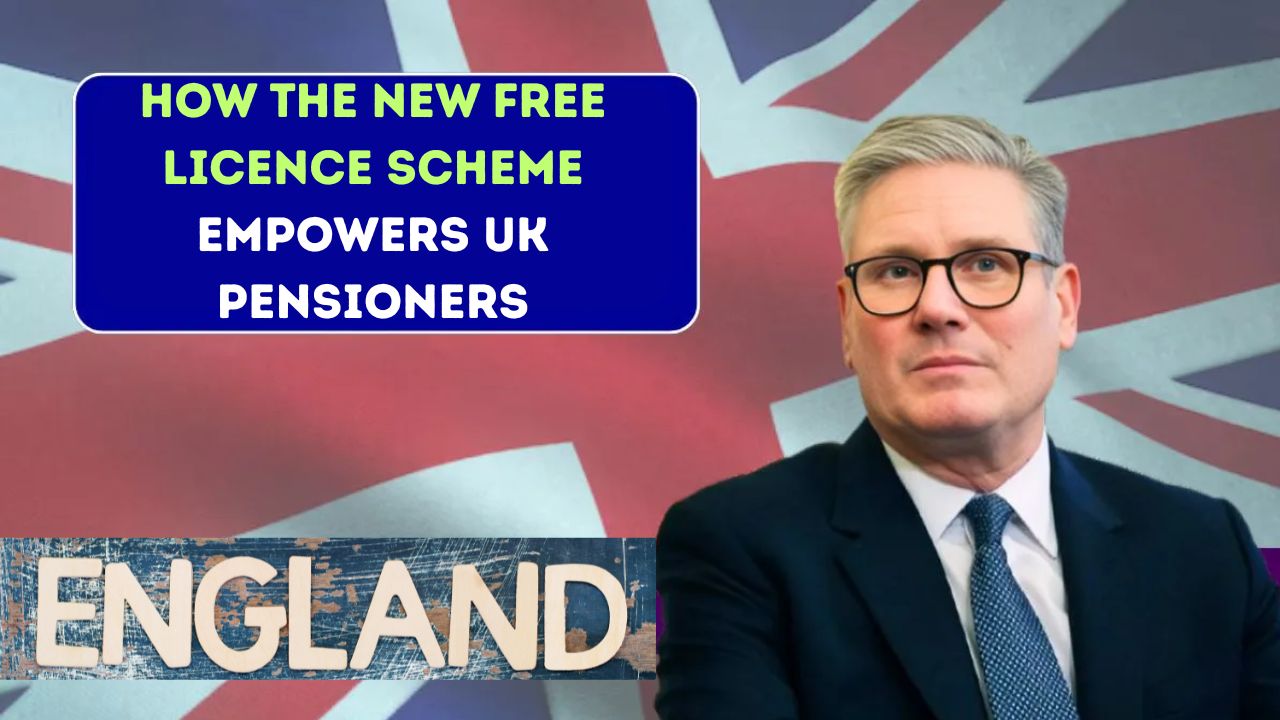To assist the country’s elderly citizens, the government has made a decisive move to restoring the policy of free television licenses for citizens aged 75 and above, a benefit that was recently revoked. Reinstating the free television license scheme is meant to help the elderly citizens aged 75 and above stay in touch with the world, and enjoy entertainment without a costly burden. This was initiated due to public scrutiny, financial strain, and negative media reports focused on the government, low income financial strain, and the financial strain on elderly citizens.

Balancing the Books: Funding the Licence Scheme
Due to the financial limitations of the government, paying for this scheme has needed more collaboration between government and television licensing bodies. The new policy’s funding comes with a reallocating of BBC’s budget and a new one-time state budget grant for paying the cost of restoring the licenses. While critics say that this will impact the citizens paying for their license, those in favor believe that the trust costs will result in long term benefits in the form of better health, and higher engagement with elderly citizens.
Key Chronological Developments
Treasury starts to implement plans of cut overseeing free-license schemes in early 2024.
In 2024, mid year the public starts the Dont Pay to Watch petition.
Pilot Schemes – Late 2024: Two local authority areas trial means tested rebates.
Full Reinstatement – August 2025: Government grants universal complimentary licenses for the over 75s which are effective immediately.
Looking Ahead: Supporting Enduring Success.
As celebrating older adults take their free licenses, “What next?” becomes the most pressing question. The BBC has conflicting priorities, such as the online shift with streaming services as well as the regional broadcasting which needs to be maintained. In order to protect the scheme, stakeholders are trying to recover the costs through efficiency improvements within the BBC operations and new targeted digital subscriptions for high income families. Government and broadcaster collaboration will be pivotal in navigatian universal access and fiscal responsibility.
Community Voice, Impact from the Field.
Senior centers are reporting an increased participation for social gatherings centered around the television, like watching live events and movie screenings. For a lot of people, television serves as the major means of connection to the outside world and with their families. “It’s more than just entertainment,” said 78-year-old Brenda. “It keeps me part of the conversation.” The goal of guideliner makers becomes the preservation of these connections and relief of older adults wellbeing by freeing up licenses.